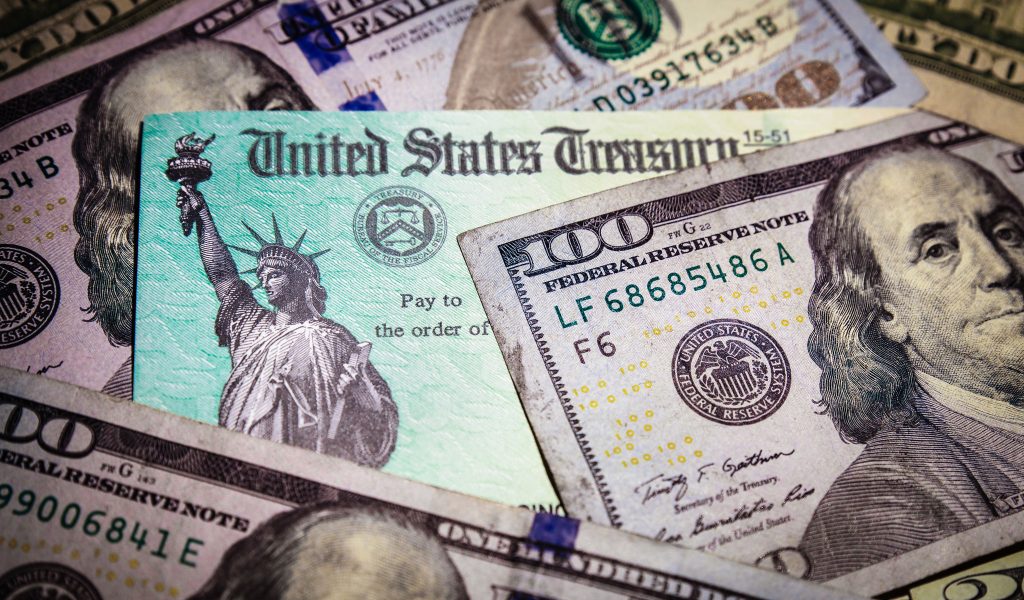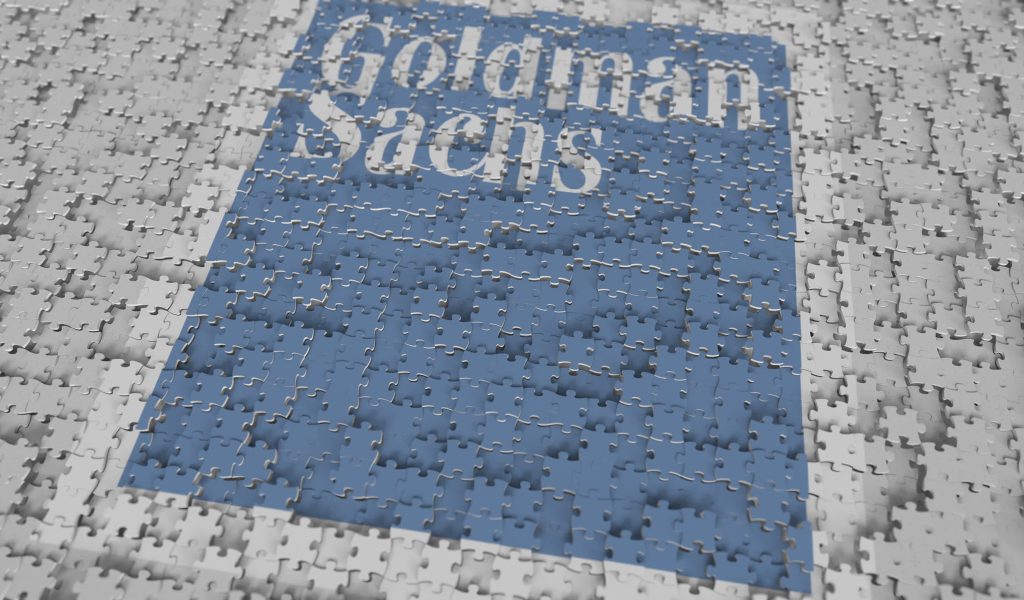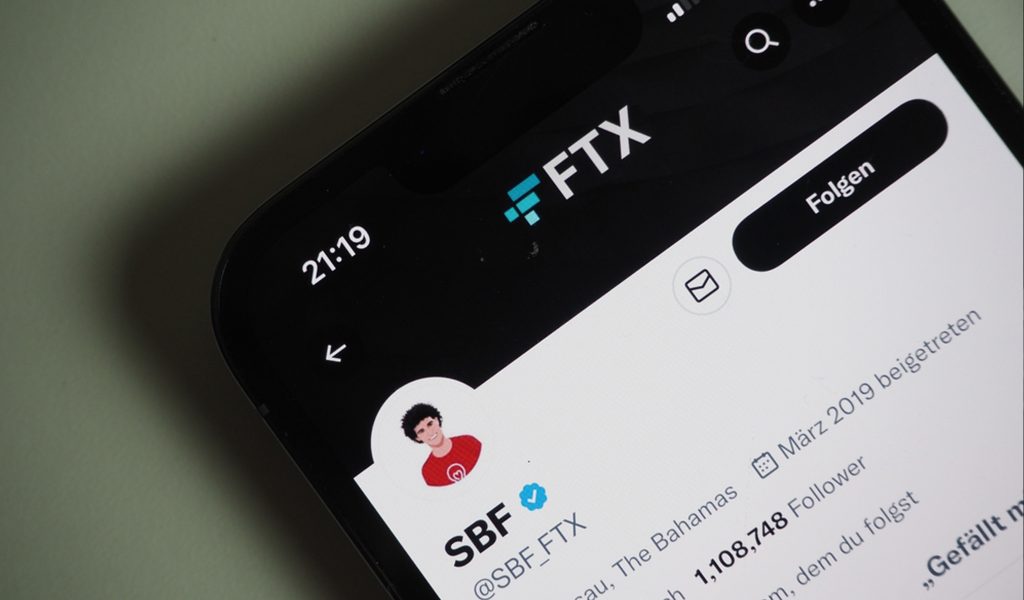The banks that were ailing in 2008 shouldn’t have been bailed out. Anyone who wants a healthy banking sector would agree with the previous statement. If you love banks, you must love them enough to let the weak ones fail. How else can the poorly run institutions, their assets, and their human capital be acquired by better, more capable managers?
Rather than cheer the decline of the mediocre and bad, business pundits adopt a worried pose any time a bank has the temerity to fail. They whisper question about whether a “crisis” will ensue? What other banks are in trouble? Will the “system” come crashing down? A more reasonable pundit class would understand that the surest sign of a dynamism-free, unhealthy banking sector is the rarity of Silicon Valley Bank-style declines. They would be routine if the sector were soaring…
The Wall Street Journal’s Joseph Sternberg is one of those pundits who looks askance at failure. He wants politicians to have plans for bank decline, as though intervention in troubled times has a salutary impact in ways it most certainly doesn’t during periods of tranquility. More realistically, the crisis is always in the intervention as politicians and regulators bereft of information suffocate the essential pushiness of information-pregnant markets. Sternberg searches for failure around the corner, which means he’s searching blindly. Only for it to get more than a little strange.
Describing banks, Sternberg asserts that a bank itself “is merely a company that creates forms of credit that are widely accepted as money in the broader economy.” He would likely agree that’s not true. Banks don’t create credit, period. Credit is produced in the real economy, only for banks to act as intermediaries. We borrow money for what it can be exchanged for: real resources. It doesn’t insult banks one iota to say they don’t create even a dollar of credit. They instead do the very important work of directing resources (credit) to more remunerative uses.
Sternberg additionally contends that banks fill a role as creators of money, except that they don’t. Money has no use absent production, which is just a reminder that with or without a U.S. Mint, Treasury, central bank, or you name it, money would circulate in the U.S. in amounts extraordinarily similar to the present along with anywhere else there’s production. Money is a consequence of production, not an instigator as Sternberg seems to imply.
He goes on to write that “When you take out a mortgage loan, say, the company extending that loan conjures out of thin air a liability on its balance sheet- the dollars that eventually go into the home seller’s bank account – offset by the asset of the expected future repayments it will receive.” The bet here is that Sternberg wrote what he didn’t mean to write. Banks could only wish they had the powers ascribed to them. So must we all wish. “Bank” is just a name, or a descriptor, at which point many more of us would become small banks whereby we would do as Sternberg imagines banks can do. Think about it. I’ll loan you a billion dollars out of thin air, at which point I’ve got $1 billion in assets. Except that the scenario described is an impossibility. So is it for banks. Lending is a consequence of production. Always.
Still, the description says a lot. With media coverage like this, no wonder some look so disdainfully at banks. Serious pundits promote the fiction that they operate independently of the economy only to become their own Mint and lender under the same roof. No, banks can’t do what Sternberg and others say they can. If they could, new banking institutions would be forming left and right.
Except that they’re not. And they’re not because bailouts are never free. Every time the feds step in given their baseless fear of bank failure, the guardrails surrounding banks grow bigger and more intrusive, thus rendering banks more and more like money warehouses, as opposed to important financial institutions.
Applied to Sternberg, of the incorrect belief that banks have magical powers, he writes as though the magic has blowback-like qualities. In his words, the “alchemy” informing the act of banking “is powerful and dangerous, and a financial crisis arises when it blows up in the achemist’s face.” There Sternberg goes again with the false narrative about failure as the crisis. No, the problem is that banks aren’t taking enough risk, and they’re not taking enough risk because the Sternbergs of the world mistake failure for crisis, when in fact the real crisis is a lack of alchemy inside banks.
Republished from RealClear Markets








